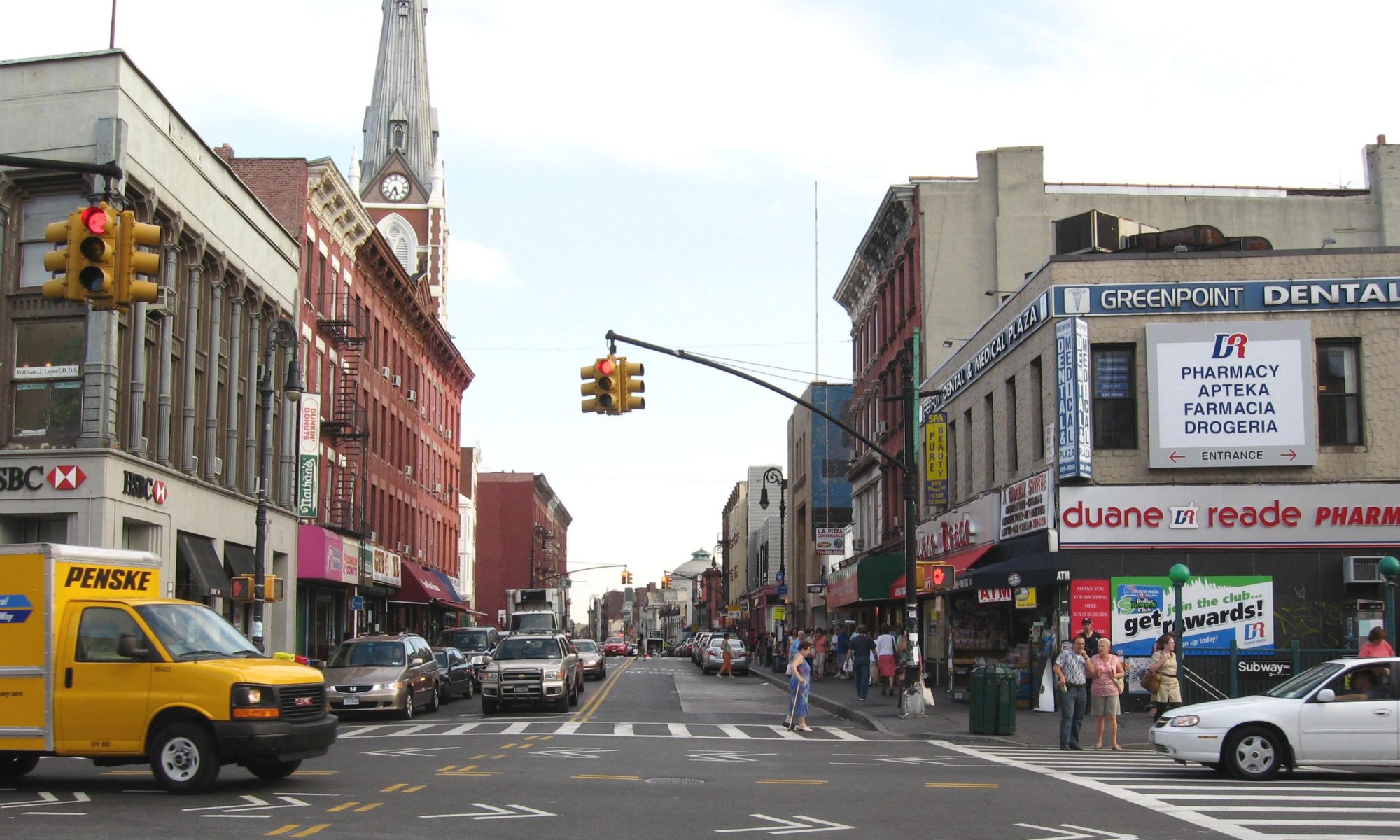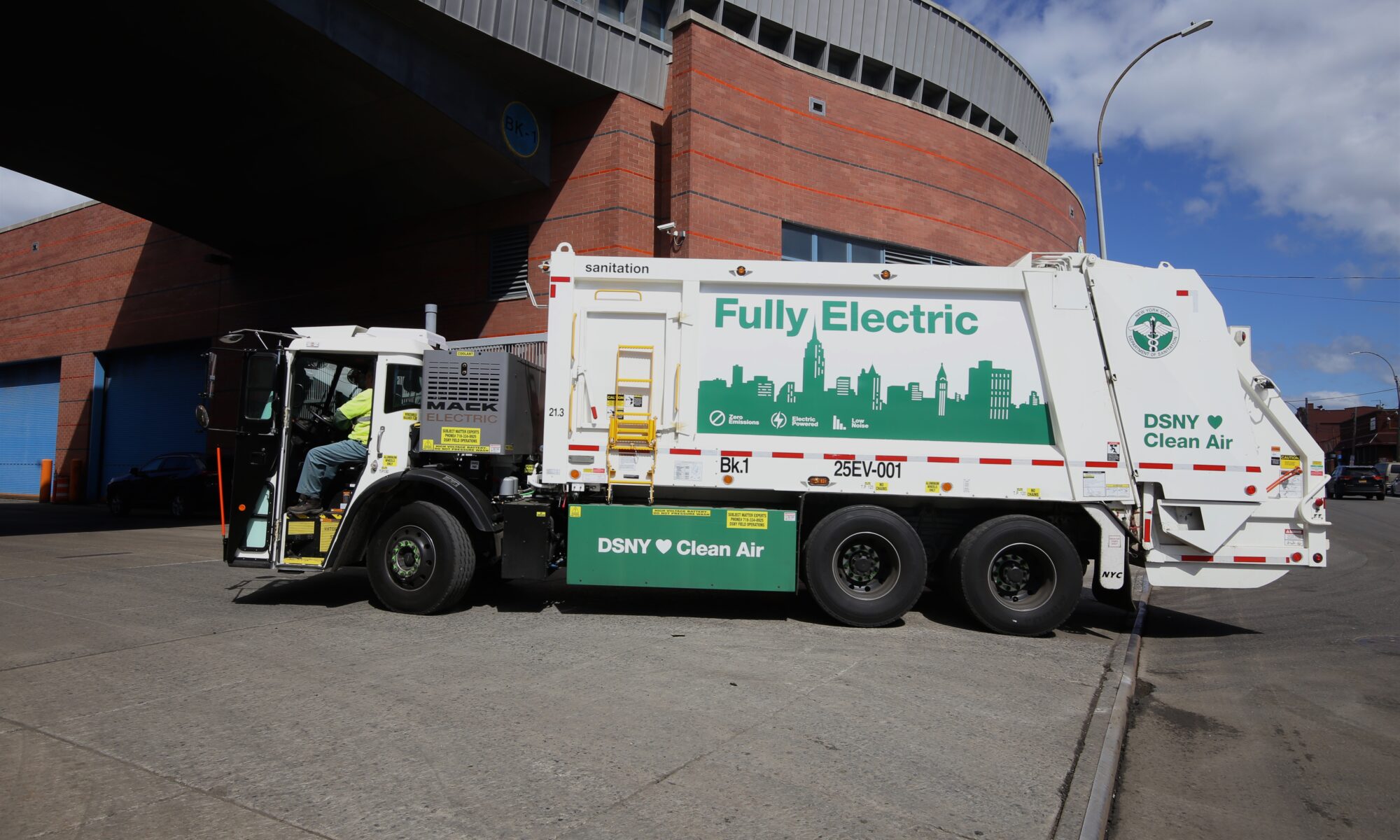Curbside Composting is coming to Brooklyn stoops Oct. 2, according to a schedule released by the Mayor’s Office. The program, which includes free bins for all Brooklynites who sign up before Oct. 13, is a part of a larger rollout to make composting mandatory across all five boroughs.
Gil Lopez, an urban ecologist, compost applicator and educator for Big Reuse, said the program is important in making composting accessible to all New York residents.
“The great thing about the brown bin, and the reason that I’ve been wanting to mandate compost forever, is until everyone in New York City, undocumented or documented, has access [to composting] and they don’t have to do anything special to get it, there is inequity built into our system,” Lopez said.
The program began Oct. 2022 in Queens and resumed services in the borough in March after a winter hiatus. In 2024, brown bins will start to appear regularly in Manhattan, Staten Island and the Bronx. The Curbside Composting initiative, sponsored by Park Slope Councilmember Shahana Hanif, is just one part of the Zero Waste Act initiative passed by the City Council in June of this year.
The Zero Waste Act is a five-bill initiative that also includes annual reporting measures on the 11,000 tons of waste created in New York daily, community food scrap collecting centers, new construction of recycling facilities, as well as the city’s general efforts to withstand climate change. Under the new legislation, composting will be compulsory by the year 2025, when fines will be imposed on NYC residents who decline to sort out their organic waste. The fines will increase after each violation, starting at $25, then $50, and finally $100 for every following fine. According to Michael Whitesides, the communications director for Councilmember Hanif, the plan is to reduce the carbon footprint of the city and expand composting access to a broader range of people.
“We’ve also really been focusing on getting multilingual outreach. A lot of the areas that we have composting right now tend to be white, wealthier, mostly English speaking communities,” Whitesides said. “The Councilmember has been really involved in trying to get some translated materials, not only about what is composting but also how to sign up for brown bin. We’re not just going to communities that already have access to curbside compost but really doing our work to expand it citywide.”
The composting collection will be handled by the Department of Sanitation of New York and will be picked up on the same day that recycling is gathered. According to Whitesides, DSNY is putting in the work to let Brooklanites know about the brown bin rollout, including putting up flyers, doing social media outreach, and knocking on people’s doors. On Twitter, DSNY shared that more than 23,000 people have signed up for a brown bin in Brooklyn, and urged more people to participate in the program.
According to an email response by Vincent Gragnagi, the DSNY press secretary, the compost will be sent to one of five locations across the city: the DSNY’s Staten Island composting facility, the Department of Environmental Protection’s waste management location in Newton Creek, an organic processing facility in Massachusetts, and Nature’s Choice composting plant in New Jersey. Gragnagi said the curbside composting initiative makes it easier for residents in the city to do their part in combating climate change, and in turn, also allows the city to reuse the organic material collected from community members.
“We all share the goal of making it easy for New Yorkers to do the right thing and compost — and that is exactly what universal curbside composting does,” Gragnagi said in an email. “The goal of the procurement is to ensure that material collected in our curbside composting program goes to a variety of facilities, each of which will process the material and turn it into something beneficial, either renewable energy and fertilizer, or compost for parks and gardens”
Whitesides said that composting organic material alone can reduce the city’s environmental impact by a third of its current carbon footprint. According to the United States Environmental Protection Agency, composting will reduce the amount of organic waste going to landfills, which produce a significant amount of harmful methane gas. Pilot composting programs in cities such as San Francisco have managed to reduce the amount of trash going to landfills by 80 percent, where the municipality has managed to compost 255,500 tons of organic waste each year, according to the Public Interest Network. According to Lopez, though the fight to increase composting has been active amongst grass-roots environmental circles in the area since the 1990s, this is NYC’s first large-scale initiative to enact mandatory food waste processing.
Katie Cunningham, a Park Slope resident, said she wanted her neighbors to do their part to reduce methane gas from landfills by composting their organic material, and hopes that the brown bin program will increase the number of people who take the time to do so. After 15 years of living in the area, she said she has just started composting because of the readily available service, and in part, she said because the sign-up process to get a brown bin delivered to her home was so simple.
“I’ve only been composting recently, I hate to admit. I’m excited that they’re invested in expanding this program and bringing it to Brooklyn,” Cunningham said. “The sign-up process is straightforward, you just go online and order the bin that you need. I’m hoping it will motivate more people in the neighborhood and more people in Brooklyn to start composting.”
Lopez said many residents in cities assume that they are far away from the harm occurring to forests, oceans and other ecosystems and that New Yorkers should do anything they can to reduce their environmental impact. According to Lopez, composting is a big part of that.
“We are part of the ecosystem. Period. We never separated from the ecosystem,” Lopez said. “People assume that they are not a part of the natural world. If that were true, we wouldn’t be experiencing the tripartite climate catastrophe that we’re in right now … We live in a world where everything is connected, and there’s no way you can sever that connection, no matter how big, bad, rich or elected you are.”
Thomas Leeser, a Park Slope resident, said he is glad that composting is coming to Brooklyn, and that he has been composting since he moved to the area three years ago. Leeser said that he had no issue with the program being mandatory, as composting is good for the environment.
“It’s a good thing, you know, I’m happy that it’s happening,” Leeser said. “We should all do our part for the environment.”

